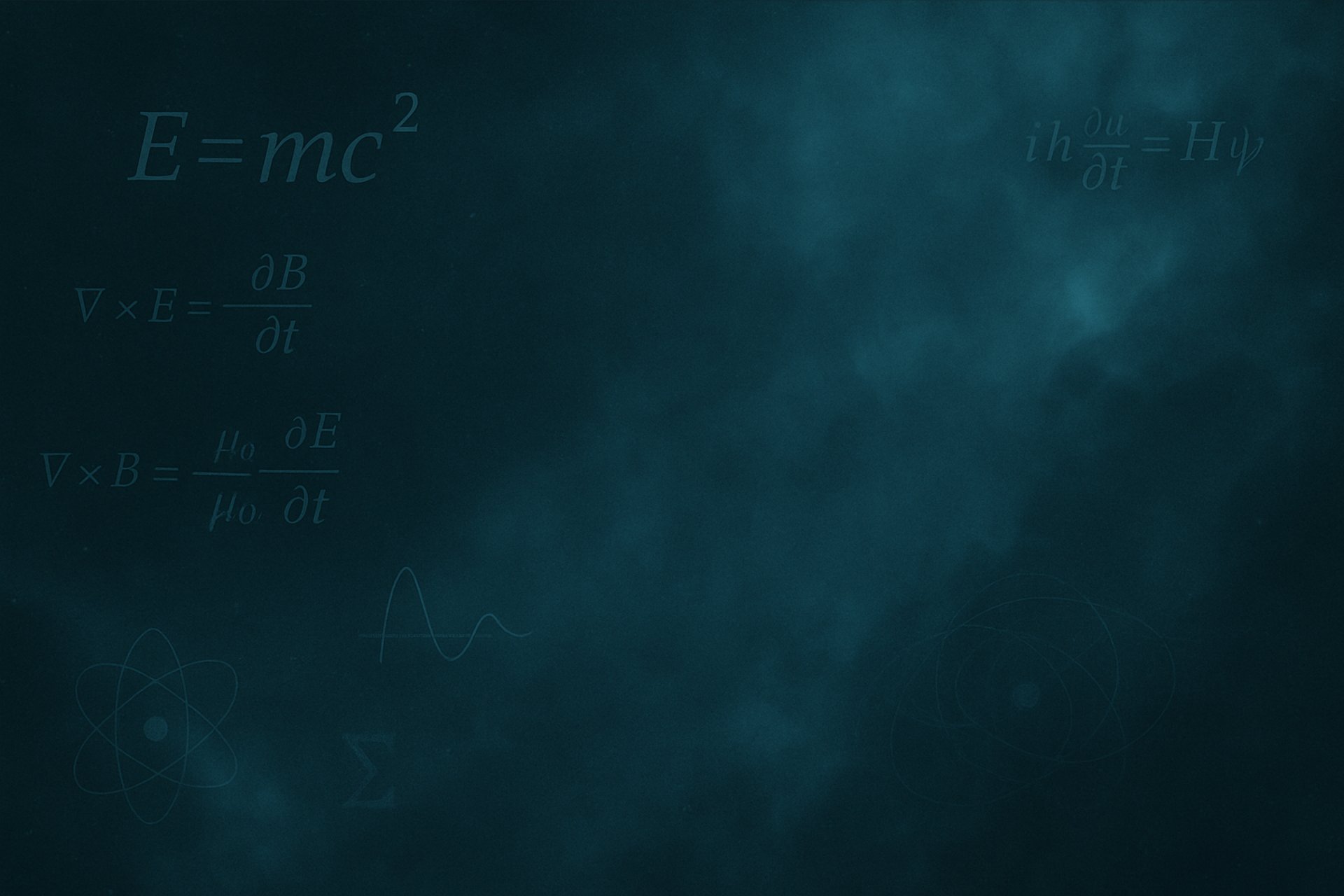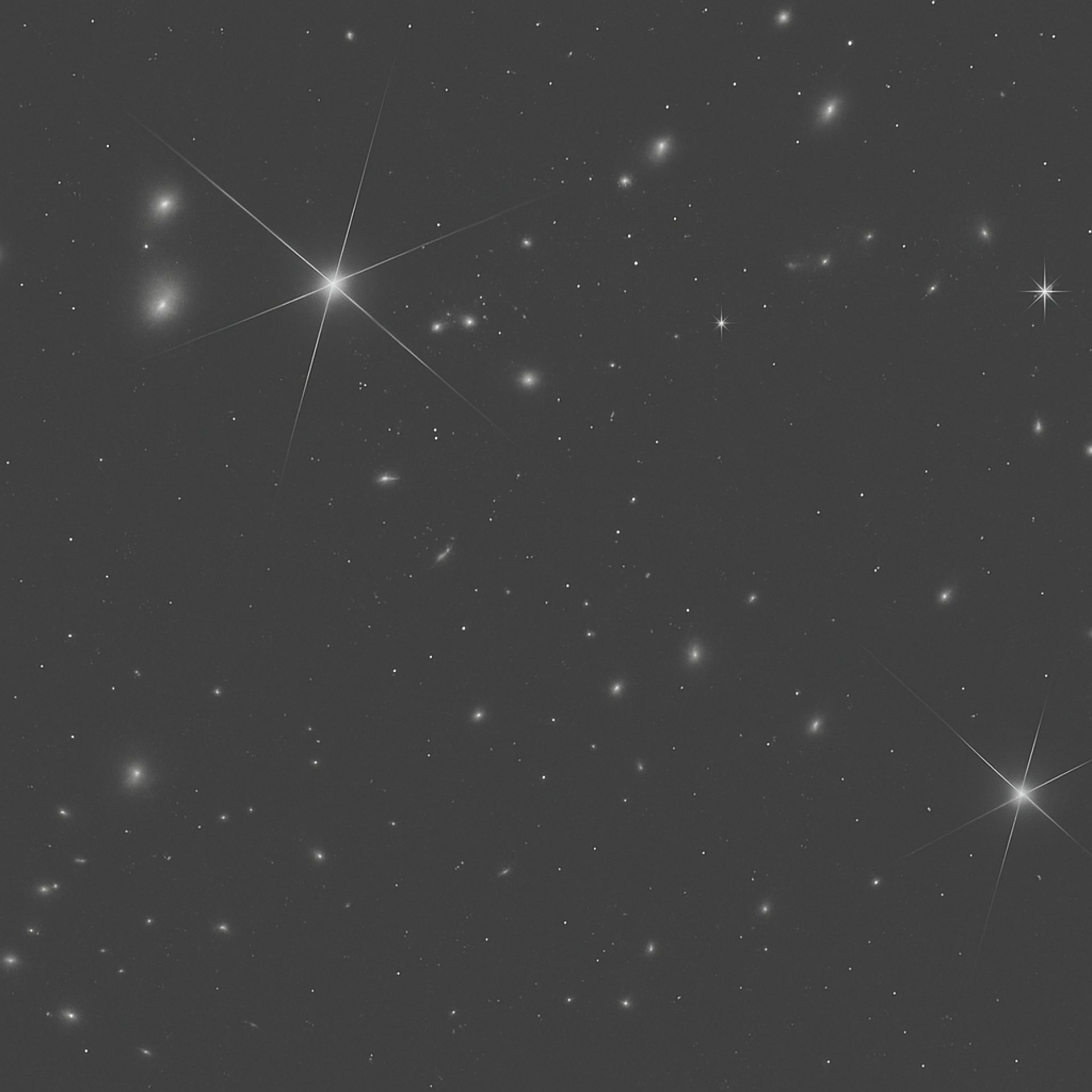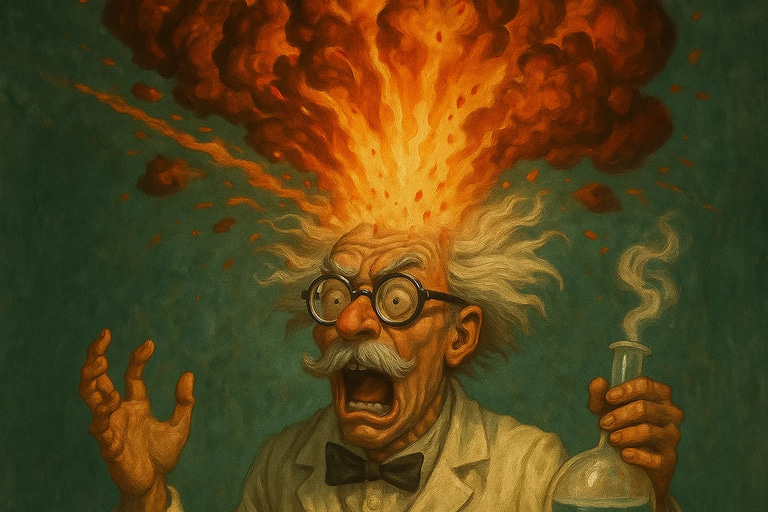
Old or New Science

An Alternative Path Through the Universe
Where Is Logic When Equations Fall Short?
A blog for those who aren’t afraid to ask hard questions. Step by step, we explore the puzzles of modern physics – from galactic centers and the nature of gravity, to the structure of matter and the energetics of the Universe. No formulas, just clear analogies, healthy skepticism, and an alternative perspective. Science doesn’t have to be dogmatic.
Feel free to read and send us your comments by email – we’ll do our best to reply.
Nature does not know our equations.
It does not understand numbers, it does not follow the Pauli exclusion principle, and it does not “tunnel” particles.
For nature, there is no perfect black body, no neutrino, no superposition.
All of these are creations of the human mind – attempts to dress observation in a language that has nothing to do with reality itself.
Twentieth-century physics confused its tool with its subject of study.
Mathematics was meant to describe nature, yet it began to rule over it.
Instead of changing equations when experiments disagree with reality, scientists change the interpretation of reality to save the equation.
Thus arose the dogmas of calculation: prohibitions, states, symmetries, and ghost particles that no one has ever seen, but that must exist because the equations demand it.
Meanwhile, nature has its own language – simple, logical, self-regulating.
A single proton and electron are enough for everything to arise: energy, field, motion, heat, light.
It is not mathematics that gives them meaning, but their mutual relation.
In this language of nature there are no symbols – only balance.
Every disturbance of a field creates a reaction, and every reaction seeks to return to equilibrium.
It is the simplest and most brilliant mechanism of existence: no superposition, no “rules,” no artificial concepts.
Only energy, its configuration, and harmony.
The physics of the future will begin where the defense of equations ends –
where observation becomes more important than interpretation, and the language of nature replaces the language of mathematics.
Because it is not the world that must fit our equations –
it is our equations that must finally learn to describe the world.


